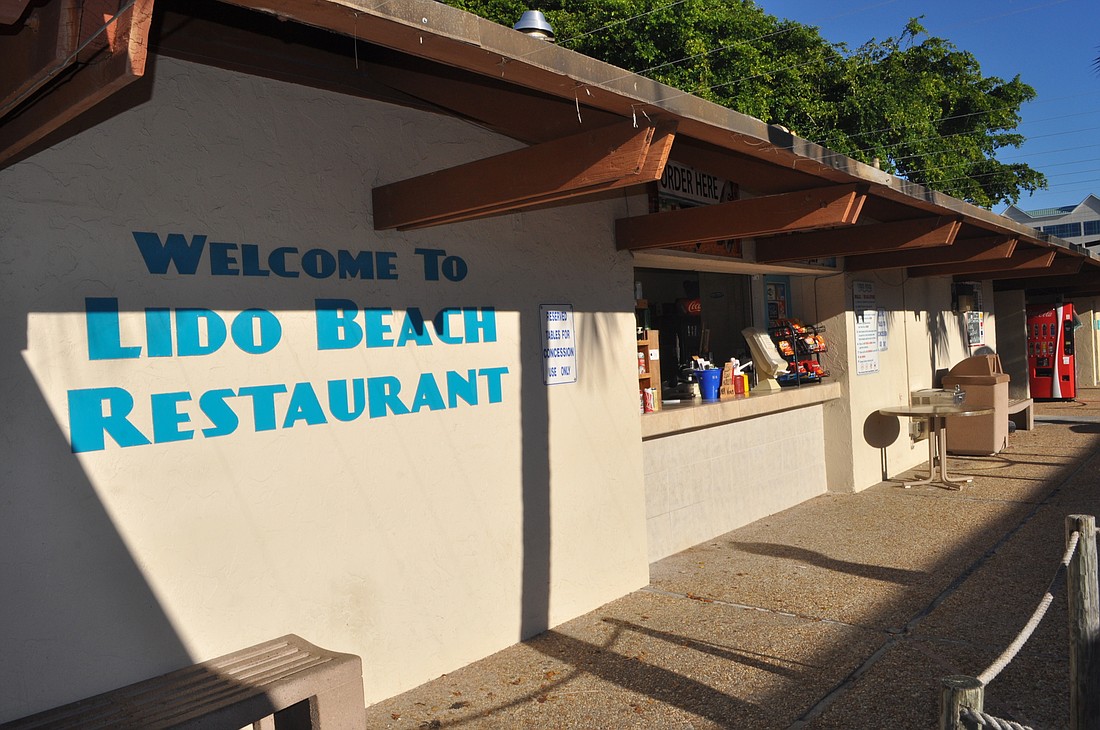- January 7, 2025
-
-
Loading

Loading

More than four years after seeking a private operator to lease, improve and manage the Lido Beach pool and pavilion, the City Commission parted ways with the development group selected to run the public property.
The commission voted 4-1 Tuesday to approve a termination agreement with Lido Beach Redevelopment Partners LLC, the prospective operator of the pavilion. Per the agreement, the group will rescind its plans to redevelop the pavilion and terminate the lease with the city. In exchange, the city agreed to reimburse the developer $206,224.69 in expenses associated with producing plans for the pavilion.
Although some members of the commission were reluctant to pay the developer for a project that won’t be built, the majority of the board saw it as an opportunity to bring a conclusive end to a contentious proposal.
“In the best interest of the community and in the reality of the situation, I think bigger picture, the settlement is what we need to be doing,” Commissioner Jen Ahearn-Koch said.
The city approved a lease agreement with Lido Beach Redevelopment Partners in 2017. The group planned to operate a 200-seat restaurant and add a 33-seat Tiki bar, a splash pad, playgrounds and more to the property.
Since the developer presented its first proposal for the pavilion, the plans have been a source of controversy. An online petition opposing the changes to the property has nearly 5,600 signatures. Residents have been critical of the city for approving the lease, arguing the plans would fundamentally change the character of the pavilion.
Some opponents discouraged the city from approving the reimbursement agreement, arguing the plans shouldn’t be approved even if the developer wasn’t willing to withdraw them. City Attorney Robert Fournier disagreed, stating the circumstances of this proposal justified some compensation for the applicant.
Fournier rejected the idea that the potential failure of the project should have been an expected cost of doing business. He said that would likely be the case if the development group had unilaterally filed plans for property it owned, or if the group approached the city with an idea.
“It didn’t happen this way,” he said. “The city solicited the tenant developers. The city initiated the process. I think this puts the city in a different legal position.”
Fournier also said the city would potentially face more significant legal expenses if the developer didn’t withdraw the plans and the City Commission’s decision was appealed to the circuit court.
The commission did not discuss future plans for the pavilion.
Per the terms of the agreement, the development group must withdraw its site plan application within seven days. Within 30 days, the city will pay the developer the full sum of the requested reimbursement, a figure based on costs incurred during the planning process. When the developer receives the funds, the lease will be officially terminated.